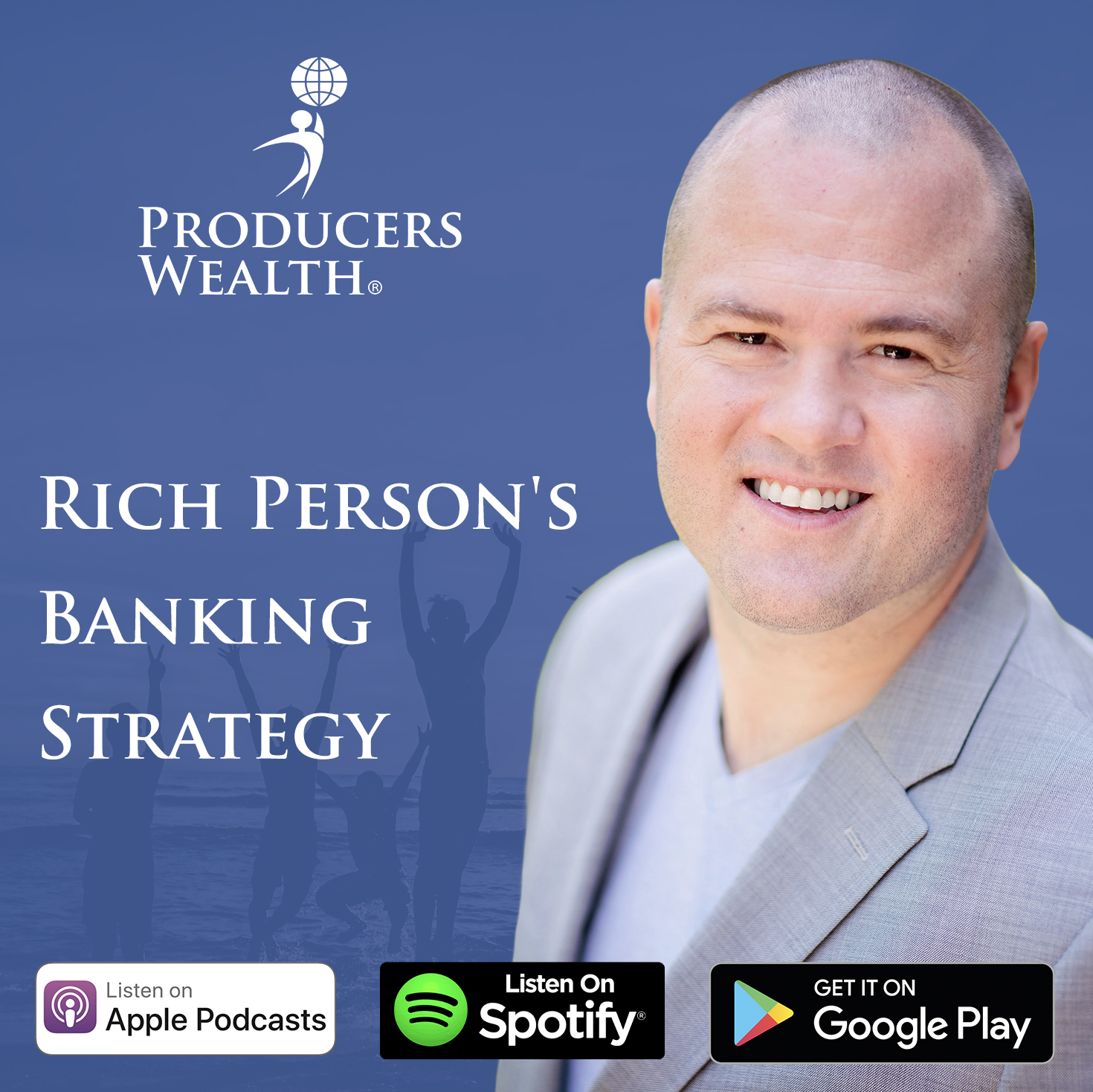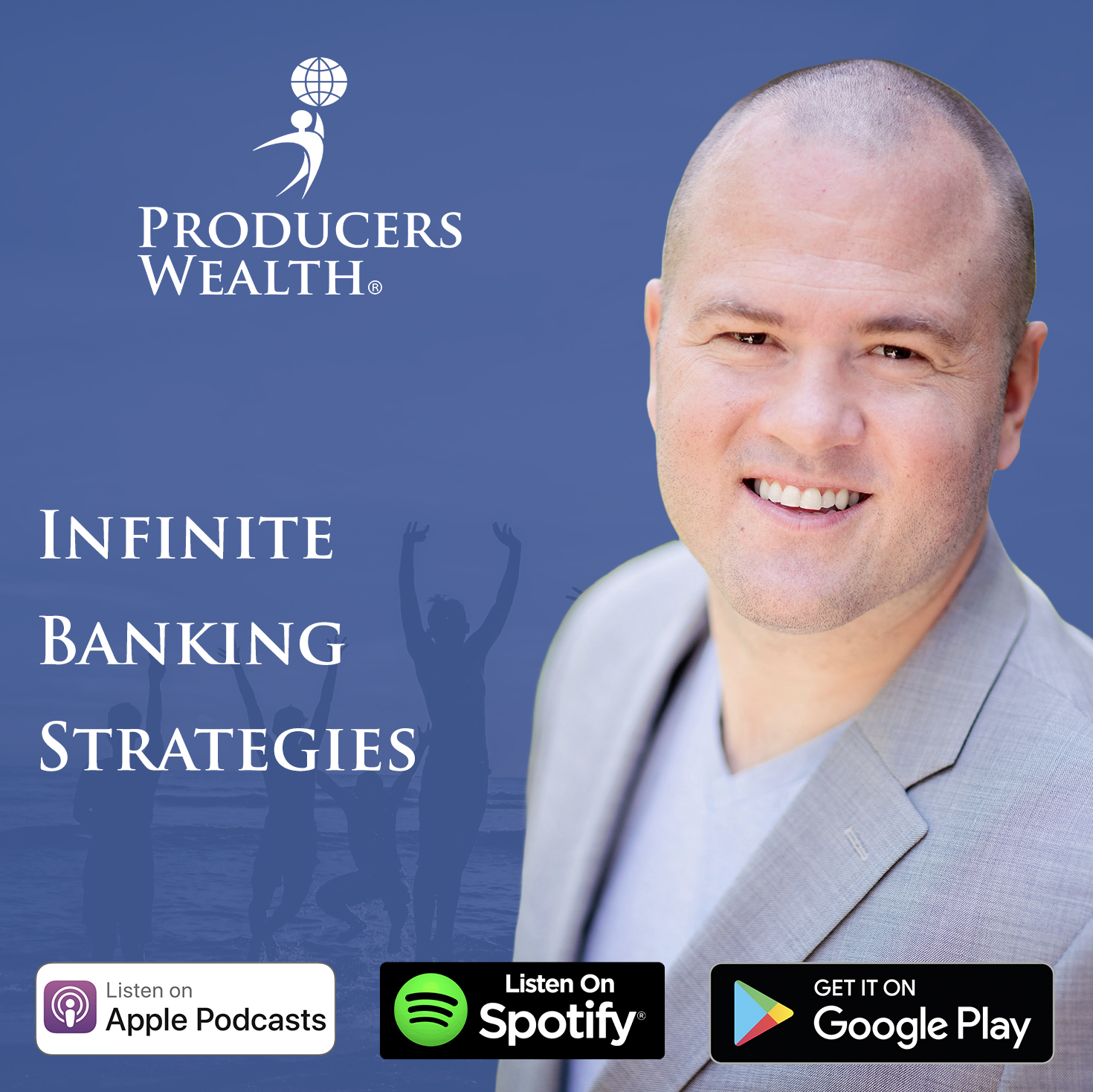
In the realm of estate planning, Qualified Personal Residence Trusts (QPRTs) offer a powerful strategy for individuals seeking to transfer their primary residence to beneficiaries while minimizing gift and estate taxes. Understanding what a QPRT is, how it works, and its pros and cons is essential for anyone looking to optimize their estate plan. In this article, we’ll delve into the intricacies of QPRTs, exploring their different types, mechanics, benefits, potential pitfalls, and real-life case studies.
What is a QPRT?
A Qualified Personal Residence Trust (QPRT) is an irrevocable trust designed to transfer ownership of a primary residence or vacation home to beneficiaries while reducing the value of the property for gift and estate tax purposes. By transferring the property into the trust, the grantor retains the right to live in the home for a specified term, after which ownership transfers to the trust beneficiaries.
Different Types of QPRTs:
There are two primary types of QPRTs:
- Grantor Retained Interest QPRT: In this type of QPRT, the grantor retains the right to live in the residence for a specified term, after which ownership passes to the beneficiaries.
- Non-Grantor Retained Interest QPRT: In a non-grantor QPRT, the grantor does not retain the right to occupy the residence but receives a fixed annuity or unitrust payment from the trust for the specified term.
How Does a QPRT Work?
Here’s a simplified overview of how a QPRT operates:
- The grantor transfers ownership of their primary residence or vacation home into the QPRT.
- The grantor retains the right to live in the residence for a specified term, typically between 10 and 20 years.
- During the term of the trust, the residence is removed from the grantor’s taxable estate, potentially reducing gift and estate tax liabilities.
- At the end of the trust term, ownership of the residence passes to the trust beneficiaries, typically children or other family members.
Benefits of QPRTs:
- Tax Efficiency: QPRTs can significantly reduce gift and estate tax liabilities by removing the value of the residence from the grantor’s taxable estate.
- Wealth Transfer: QPRTs provide a structured mechanism for transferring ownership of real estate to beneficiaries while retaining the right to live in the property for a specified term.
- Asset Protection: Assets held in a QPRT are protected from creditors and potential lawsuits once ownership transfers to the trust beneficiaries.
Potential Pitfalls of QPRTs:
- Loss of Control: Once the property is transferred into the QPRT, the grantor loses control over its disposition and use.
- Residency Requirement: If the grantor does not outlive the term of the trust, the property may revert to their taxable estate, negating the tax benefits of the QPRT.
- Income Tax Implications: Upon the sale of the residence by the trust beneficiaries, capital gains tax may apply based on the property’s appreciated value.
Case Studies:
- The Johnson Family QPRT: The Johnsons transferred their vacation home into a QPRT, retaining the right to use the property for 15 years. At the end of the term, ownership passed to their children, significantly reducing their estate tax liabilities.
- The Smith Non-Grantor QPRT: Mr. Smith established a QPRT for his primary residence, receiving fixed annuity payments from the trust for 20 years. Upon his passing, ownership of the residence transferred to his grandchildren, providing them with a valuable asset.
Positives and Negatives of QPRTs:
Positives:
- Significant estate tax savings
- Structured wealth transfer mechanism
- Asset protection benefits
Negatives:
- Loss of control over the property
- Potential residency requirement issues
- Income tax implications upon sale of the property
Qualified Personal Residence Trusts (QPRTs) offer a strategic solution for individuals seeking to transfer ownership of their primary residence or vacation home to beneficiaries while minimizing gift and estate tax liabilities. While QPRTs come with potential pitfalls, with careful planning and professional guidance, they can serve as a valuable tool for optimizing estate plans and preserving family wealth for future generations. If you’re considering incorporating a QPRT into your estate plan, consult with legal and financial advisors to explore how it aligns with your objectives and maximizes tax-saving opportunities.
Watch all of our educational videos on Infinite Banking here.
Disclaimer and Waiver
Michiel Laubscher & Laubscher Wealth Management LLC is not an investment advisor and is not licensed to sell securities. None of the information provided is intended as investment, tax, accounting, or legal advice, as an offer or solicitation of an offer to buy or sell, or as an endorsement, of any company, security, fund, or other offerings. The information should not be relied upon for purposes of transacting securities or other investments. Your use of the information contained herein is at your own risk. The content is provided ‘as is’ and without warranties, either expressed or implied. Michiel Laubscher & Laubscher Wealth Management LLC does not promise or guarantee any income or specific result from using the information contained herein and is not liable for any loss or damage caused by your reliance on the information contained herein. Always seek the advice of professionals, as appropriate, regarding the evaluation of any specific information, opinion, or other content.





